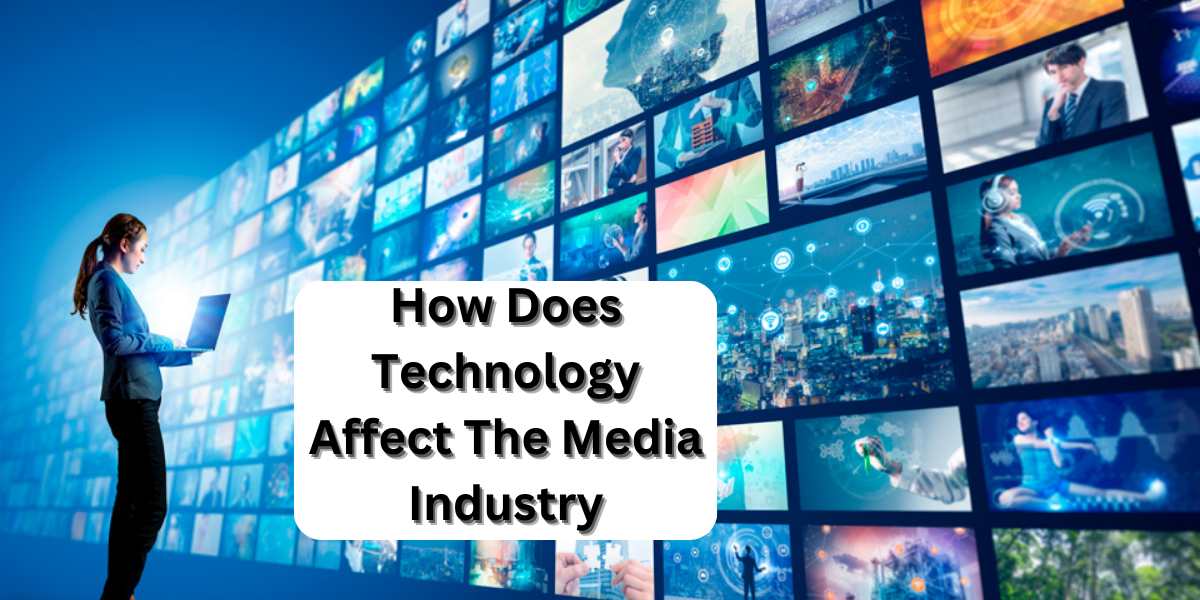How does technology affect the media industry?
Technology has impacted almost every aspect of our lives, and the media industry is no exception. Over the years, technological advancements have revolutionized the media industry, changing how we consume and produce news and entertainment content. This article explores how technology has affected the media industry, highlighting both the positive and negative effects.
Speed and Efficiency:
Technology has greatly increased the speed and efficiency of the media industry. With the advent of digital technology, journalists and media organizations can produce and distribute content much faster than before. Thanks to social media platforms and other digital communication channels, news outlets can break stories in real time.
Furthermore, using digital tools and software has made editing and publishing content easier, resulting in faster turnaround times. This speed and efficiency have enabled media organizations to cover more stories in less time and reach a wider audience.
Global Reach:
Technology has also given the media industry a global reach. With the internet, news and entertainment content can be distributed to a global audience in real time. This has led to a shift in how media organizations operate, with many expanding their coverage to include international news and events.
Furthermore, social media platforms have made it possible for media organizations to engage with audiences worldwide. This has increased diversity and a wider range of perspectives in news and entertainment content.

Audience Engagement:
Technology has transformed the way media organizations interact with their audiences. Social media platforms have made it easier for media organizations to engage with their audiences, receive feedback, and build relationships. This has resulted in more personalized content, as media organizations can tailor their content to meet the needs and interests of their audiences.
Furthermore, data analytics and audience metrics have made it possible for media organizations to track and analyze audience behaviour, resulting in more targeted and effective marketing strategies.
Disruption:
While technology has brought many benefits to the media industry but has also caused disruption, the rise of digital technology and the internet has led to a decline in traditional media outlets such as newspapers and magazines. Many of these traditional media outlets have struggled to adapt to the new digital landscape and have seen a decline in readership and revenue.
Furthermore, the rise of social media has led to the spread of misinformation and fake news. This has harmed the credibility of the media industry, with many people now questioning the authenticity of news and information.
New Forms of Media:
Technology has also given rise to new forms of media. The rise of online streaming platforms such as Netflix and Hulu has changed how we consume entertainment content. These platforms have given consumers more control over what they watch, as they can choose when and where to watch their favourite shows and movies.
Furthermore, the rise of user-generated content and social media influencers has given rise to a new form of media. This form of media is more authentic and relatable to audiences, resulting in increased engagement and viewership.
In conclusion:
, technology has had a profound impact on the media industry. While it has brought many benefits, such as increased speed, efficiency, and global reach, it has also caused disruption and led to misinformation.
It has transformed how we consume and produce news and entertainment content, resulting in new forms of media. As technology continues to evolve, the media industry will need to adapt and evolve to stay relevant and meet the changing needs of audiences.




